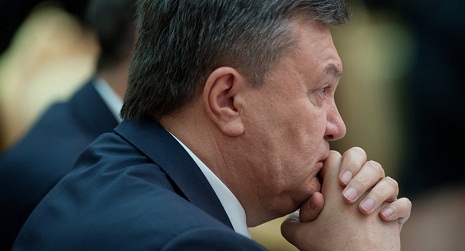Viktor Yanukovych was elected the president of Ukraine on February 25, 2010. Mass protests that erupted in late 2013 after his decision not to sign the EU association agreement ended in a coup on February 22, 2014. After being ousted from power, Yanukovych fled to Russia. Ukraine elected Petro Poroshenko as the new president in May 2014.
“Ideas of returning [to Ukraine] and lead a protest movement have been constantly on my mind, but everybody had an unequivocal opinion that if I had returned, enemies would have done everything to destroy me. My associates were against my return to Ukraine. The events unfolded rapidly, and I regret that I could not do it,” he said in an interview.
Following the coup, pro-Western authorities in Kiev initiated a number of criminal cases against Yanukovych on abuse of office and corruption charges. In January, Kiev also issued an extradition order for the former president, which Russia said it had not received. Yanukovych is also on Interpol`s wanted persons list.
“As soon as it becomes possible, I will return and bend every effort to make life of Ukrainians easier,” Yanukovych added.
On February 4, 2014 the Ukrainian parliament stripped Viktor Yanukovych of his presidential title. According to the Ukrainian Constitution, the title of president is retained throughout life if the president was not impeached during his or her term. As Yanukovych was not impeached, Verkhovna Rada, considered that he had resigned and had no longer been fulfilling his powers under the country’s constitution and was no longer “fulfilling his responsibilities” as the president.
More about:














































